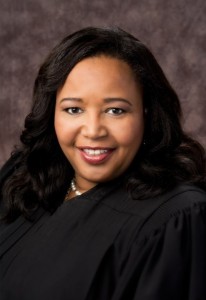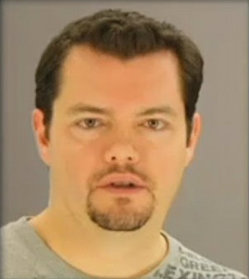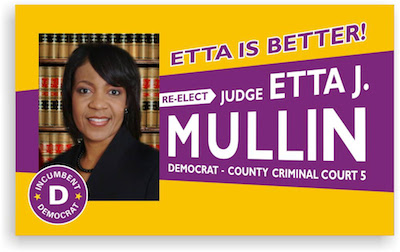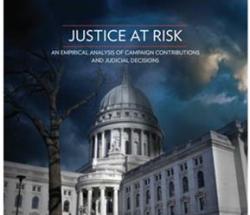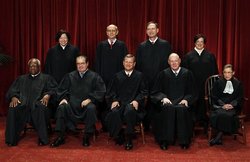Immigration Lawyer's Advice to Client to Walk Out on an Immigration Hearing Not a Hit with State Bar
Back in April, the carefully airbrushed Yelp reputation of Irving attorney Sherin Thawer took a major hit when user Kayur P. left a bruising, one-star appraisal of her legal talents. The content of the review has since been removed from the site for unspecified violations of Yelp's terms of service, but Thayer helpfully saved it for posterity by including it in the defamation lawsuit she filed four days later: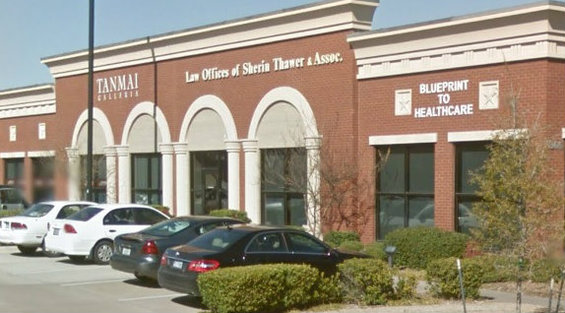
My brother hired Sherin back in February 2013 for his immigration case. She is the most unethical, incompetent lawyer you'll ever come across. I wouldn't even call her a lawyer, she's a FRAUD.
Strong words, but to prove defamation against Kayur and his brother Anish Patel (she sued both), Thawer would have had to have established, among other things, that Kayur's comment was false. And while it may have been hyperbolic (there's always a more unethical/incompetent lawyer out there), the heart of the claim rings true to the State Bar of Texas. On Tuesday its Commission for Lawyer Discipline sued Thawer, who is already in month two of a two-year suspension according her profile on the State Bar website, seeking additional sanctions.
More »





















